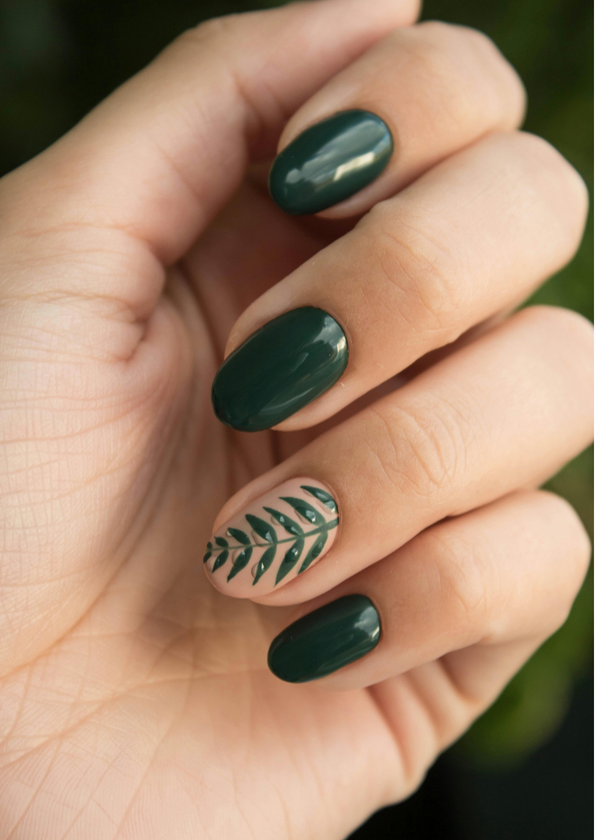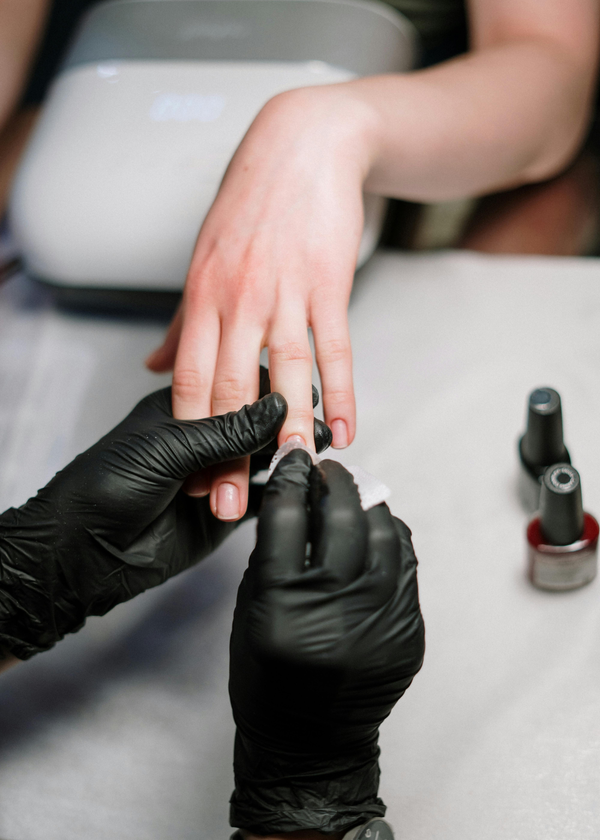Silicone body scrubbers have gained immense popularity in recent years due to their soft yet effective exfoliating properties and easy maintenance.
However, a common concern among users is whether these silicone tools can become a breeding ground for bacteria.
In this comprehensive guide, we'll delve into the intricacies of silicone body scrubbers and their potential to collect bacteria.
By the end of this article, you'll have a clearer understanding of how to keep your silicone scrubber clean and hygienic.
The Silicone Body Scrubber Revolution
Silicone body scrubbers, often marketed as silicone bath brushes or bath scrubbers, have revolutionized the way we care for our skin.
These soft, pliable tools are typically designed with gentle bristles or nodules on one side and a convenient handle on the other, making them easy to hold and use in the shower or bath.
Silicone scrubbers offer several advantages, which have contributed to their widespread adoption:
1. Gentle Exfoliation: The soft, flexible bristles or nodules on silicone scrubbers provide a gentle exfoliation, helping remove dead skin cells and improve overall skin texture without causing excessive irritation.
2. Easy Maintenance: Silicone's non-porous nature makes these scrubbers resistant to water and less likely to trap moisture, thus reducing the risk of mold and bacterial growth.
3. Longevity: Silicone scrubbers are known for their durability and can last a long time when properly cared for.
With these benefits in mind, silicone scrubbers have become a favorite choice for those seeking an effective and hygienic skincare tool. But let's explore the million-dollar question: Do silicone body scrubbers collect bacteria?
The Hygiene Concern
The hygiene concern surrounding silicone scrubbers primarily stems from the belief that any moist or damp environment can foster the growth of bacteria and mold.
Given that silicone scrubbers come into regular contact with water, there's a natural concern that they may indeed collect harmful microorganisms.
To answer this question comprehensively, it's essential to consider several factors and best practices.
Factors to Consider
1. Silicone's Non-Porous Nature
One of the critical factors working in favor of silicone body scrubbers is their non-porous surface. Unlike materials like natural loofahs or washcloths, silicone does not absorb moisture. This non-porous nature makes it challenging for bacteria, mold, and mildew to thrive on the surface of the scrubber.
2. Cleaning and Maintenance
The key to keeping a silicone scrubber hygienic lies in regular cleaning and maintenance. After each use, it's essential to rinse the scrubber thoroughly to remove any soap, body wash, or residual skin cells. Additionally, allowing the scrubber to air dry in a well-ventilated area can prevent moisture buildup.
3. Dishwasher Safe
Many silicone scrubbers are dishwasher safe, which makes cleaning even more convenient. Placing your scrubber in the dishwasher can help ensure that it remains free from harmful microorganisms.
4. Replace When Needed
Silicone scrubbers are durable but not indestructible. Over time, they can show signs of wear and tear, such as frayed bristles or small tears in the silicone. When this happens, it's advisable to replace the scrubber to maintain optimal hygiene.
Best Practices for Hygienic Use
To ensure your silicone body scrubber remains free from bacteria, consider the following best practices:
1. Regularly Rinse: After each use, thoroughly rinse your silicone scrubber to remove any debris.
2. Allow to Air Dry: Ensure the scrubber dries completely between uses to prevent moisture buildup.
3. Avoid Sharing: For hygiene reasons, it's best to avoid sharing your scrubber with others.
4. Replace When Worn: Keep an eye on your scrubber's condition and replace it when it shows signs of wear and tear.
5. Periodic Disinfection: Consider periodically disinfecting your scrubber by placing it in the dishwasher or soaking it in a diluted bleach solution.
Conclusion:
In summary, silicone body scrubbers have several attributes that make them less prone to collecting bacteria compared to traditional scrubbing tools.
Their non-porous surface and easy maintenance contribute to a generally hygienic experience.
However, like all skincare tools, proper care and attention are required to ensure optimal hygiene.
By following the best practices mentioned in this guide, you can confidently use your silicone body scrubber as part of your daily skincare routine, knowing that it's a safe and effective tool for promoting healthy, radiant skin.
So, the answer to the question "Do silicone body scrubbers collect bacteria?" is a reassuring "not if you practice proper maintenance and care."








